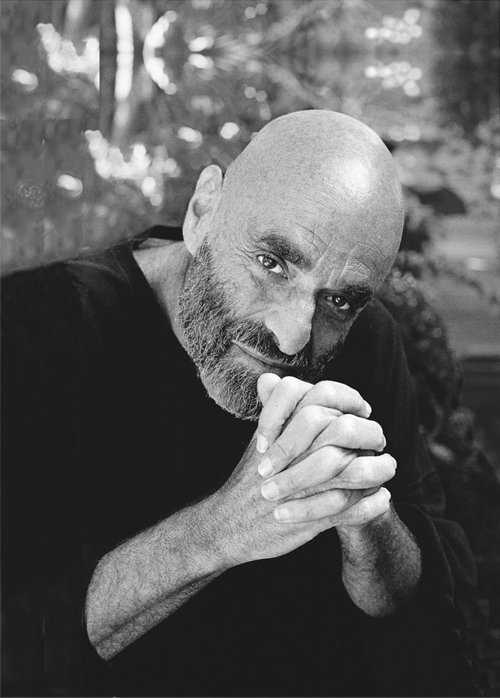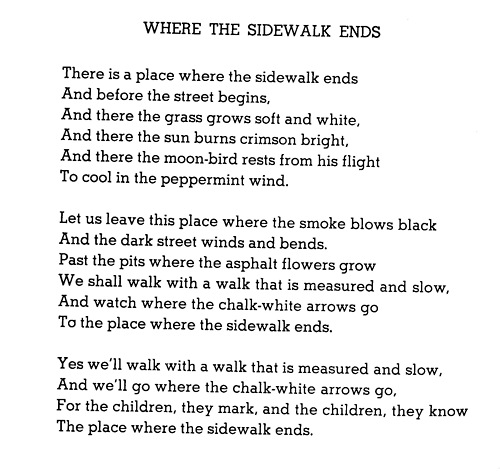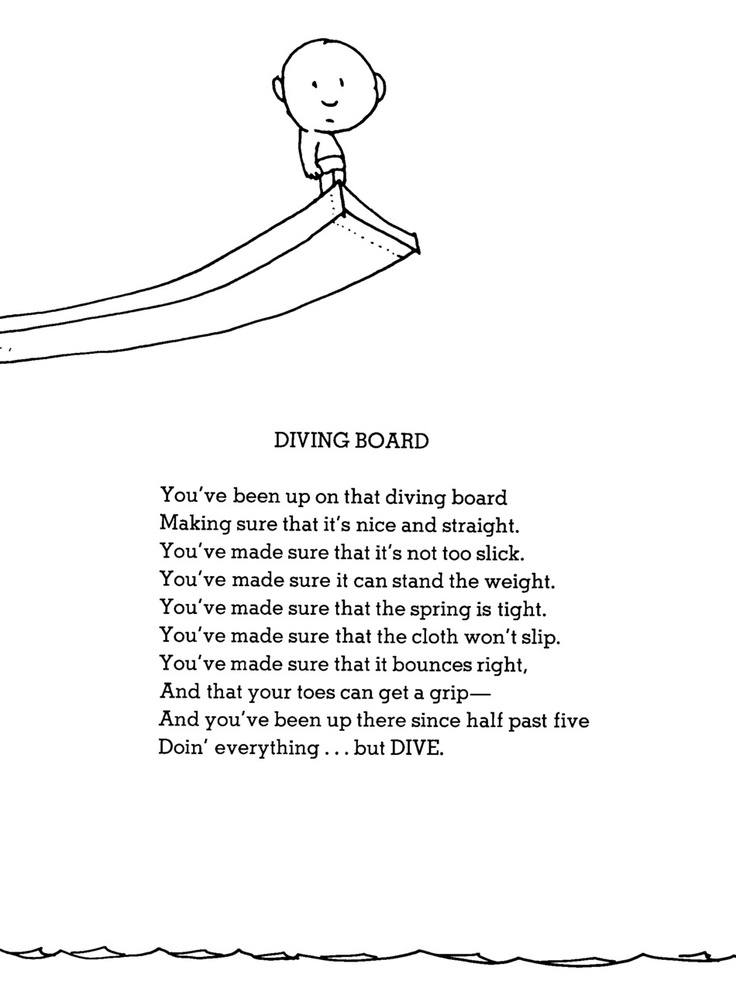
Some poetry connects generations together, drawing them in at an early age through fun rhymes and silly images. Shel Silverstein has become synonymous with children’s poetry, the type of poetry that sticks with its readers well into adulthood.
Most children are familiar with poet Shel Silverstein’s work and the fun pen drawings that often accompany his poems. Silverstein’s poetry has been translated into over 30 languages and sold over 20 million copies. Probably one of his best known poems is “Where the Sidewalk Ends,” which was also the name of one of his poetry collections.
Born in Chicago, Illinois, in 1930, he began his career as a cartoonist at the age of 7 by tracing over Al Capp’s cartoons. Silverstein attended Roosevelt High School and got expelled from the University of Illinois which lead him to enroll in the Chicago Academy of Fine Arts. Drafted by the United States Army before completing his degree, he served in Japan and Korea.
Silverstein then studied English at Roosevelt University where he got his first cartoon published in the student newspaper, Roosevelt Torch. From there, his career skyrocketed with cartoons published in Look, Sports Illustrated, and This Week. In 1957, he was a leading cartoonist for Playboy, a role which sent him around the world creating a travel journal.
His children’s books have gained popularity among young (and older) readers. His most notable collections include The Giving Tree (1964), Where the Sidewalk Ends (1974), and A Light in the Attic (1981). A Boy Named Sue won the 1970 Grammy and Silverstein was inducted in the Chicago Literary Hall of Fame in 2014, after his death in 1999.
Silverstein is known for not giving interviews, but was passionate about his work. In a 1975 interview with Publisher’s Weekly, he said “I have an ego, I have ideas, I want to articulate, to communicate but in my own way. People say they create only for themselves and don’t care if they’re published…I hate to hear talk like that. If it’s good, it’s too good not to share. That’s the way I feel about my work.”
But he also ended this interview explaining that “I’m not going to give any more interviews.” As readers, we will just have to let Silverstein’s work speak for itself.

